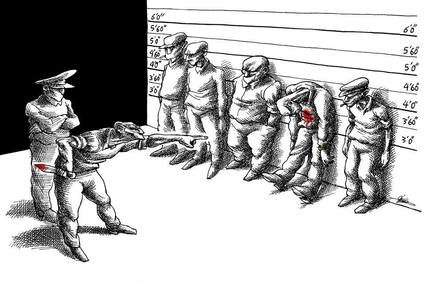
In Sweden as in many other countries around the globe, the media mostly parrots news coming from Reuters, CNN, BBC and similar. Therefore it is no wonder that the main view in Sweden of the Balkan wars in the nineties is that of “Serbs=bad, Croats=Good, Ustasha=ok, Muslims=victims” and so on.
One of the biggest news paper in Sweden. Expressen, is running yet one more article of demonizing the Serbs and trying to shut down anyone who has an opposing view from that of the Main Stream Media. (Click HERE if you understand Swedish)
Or CLICK HERE for a good ENGLISH explenation of the Expressen article made by ECOPOLA
In Serbia in recent days people are being arrested for posting names on facebook of the greatest Serb haters. In Sweden it seem as running huge articles pointing out individuals who don’t believe in all lies that have been spread, is acceptable.
Individuals are being attacked and called “Genocide deniers” and the paper continues to quote the unproved mantra of 7-8000 massacred young men and boys in Srebrenica by the Serb Army. This paper obviously have no problems whatsoever publishing outright lies and claims such as someone says that he heard in some conversation that a brother of someone who was sitting in a meeting had a friend who visited his uncle who heard a neighbour talk with someobody about cleansing………Poof!!! PROOF “we have a witness”
There are people having been first hand witnesses in Bosnia who do not agree with the mainstream media versions, UN-staff, generals from a variety of countries, soldiers, generals from the Bosnian Muslim army, Muslim politicians, Police chiefs, first hand witnesses (civilians from Srebrenica), soldiers from the Srebrenica “break through” column, analysts, investigators, professors and organizations in Sweden as in many other countries, who have absolutely no connection what so ever to Serbs and/or Serbia. Yet, all these are put together in one box and labeled “genocide deniers”
In the newspaper Expressen in Sweden, the organization Justitia Pax Veritas is under heavy attack simply because they dare to question and correct the lies of an employee in the Swedish government, Jasenko Selimovic. This government official is using his influence to continue the demonization of Serbia and the Serb people and to promote the Bosnian Muslim internal politics of Bosnia and Hercegovina.
The very few times when Justitia Pax Veritas have had a chance to reply to some of the many articles published by Jasenko Selimovic. This government official is exposed as the ridiculous and poorly fact equipped propaganda spritzer that he really is. However, this does not stop this irritating individual to continue and also step up the attacks on Serbia and Serbs.
Maybe its time to start and sue every single media who continues to spread false facts.
The “7-8000 massacred young men and boys in Srebrenica by the Serb Army” is one such false fact.
There is simply NO evidence backing up this claim, which is originally made by the Hollywood of wars, the white house in Washington during the Clinton administration. And it has been parroted, copied and pasted by both sleezy and lazy journalists from all over the world ever since. It is especially promoted and financed by the Muslim organizations and countries.
To refer to a judgment made in something we all pretend to be a 'court' which does not use the law from a legit judicial system, but only judging according to political motives issued by war criminals in NATO countries, is not facts or evidence. And even this lynching organization, the farse calling itself a "court", finds it difficult to collect enough body parts for sewing together the ordered version of Srebrenica. Jasenko Selimovic and disgusting lie and hate spreading media can shout all they want, that does not change the FACTS. and the FACT is that NO ONE has been able to PROVE that genocide or anything close to the version that Bill Clinton has ordered has been committed.
ALL Serbs around the world are convinced that war crimes have been committed in the bloody civil war, and it must be condemned, but it must be condemned irrespective of ethnicity of the perpetrator. Maybe we should start determine once and for all who committed CRIMES AGAINST THE PEACE and perhaps begin to spread in the world media about the logic, the TRUTH that everything that happened AFTER this crime against the peace is a consequence of that CRIME.
It's fine if I go to prison for defending myself against someone trying to kill me, by neutralizing the killer. But, it's NOT ok to completely IGNORE THE CRIME that caused my reaction.
No Serb wants to defend war crimes, but all Serbs are FORCED to fight off LIES coming from those who have directed, organized and carried out a massacre of a peaceful population in a country that has never been a threat to their environment, those who have robbed an entire population of its assets, those who today arrogantly laugh at ignorant people who buy all the tales of Serbs bestiality and guilt in everything that happens on this planet. "THOSE" who with the help of your and my tax money, have looted, murdered and destroyed Europe's ONLY truly multi-ethnic country, YUGOSLAVIA.
Nothing and absolutely NOTHING of all of this would have happened if "THEY" had not put their nose and interfere where their nose does not belong. And above all, NO and ABSOLUTELY NO BLOOD would have been spilled if Lynch-makers in media such as The New York Times, CNN, BBC and also EXPRESSEN and a whole bunch of others had indulged in journalism and not demonization of nations and satisfaction of their personal bloodthirsty dreams.
Den Galna Serben
Ref:
- http://ecopola.blogspot.se/2014/04/repression-of-serbian-minority-in-sweden.html?m=0
- http://www.expressen.se/nyheter/profilerna-som-stoder-folkmordsfornekarna/
- http://www.justitiapaxveritas.org/
Related….
- The Dismantling of Yugoslavia
- Dismantling and Recolonizing
- US Congress Law 101-513
- 1990 Croatian Parlament
- Asteric & Obelic about law in Hague!
- 1991 Bosnia Muslim solution for the Serb "problem"
- 1991 Bosnia Visegrad
- 1992 Bosnia, Sarajevo Wedding Murder!
- 1992 Bosnia, Sijekovac. Serbs continue to be massacred!
- 1992 Bosnia, Agreement on the peaceful secession of Bosnia & Herzegovina from Yugoslavia.
- Srebrenica 1995
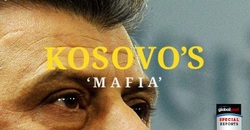
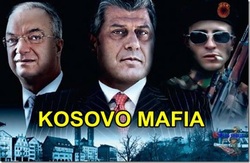
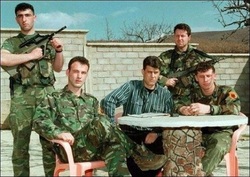
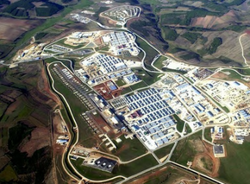
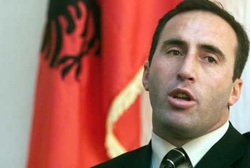

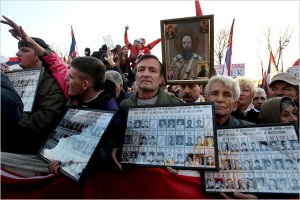
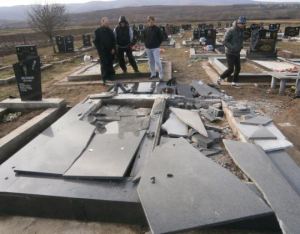
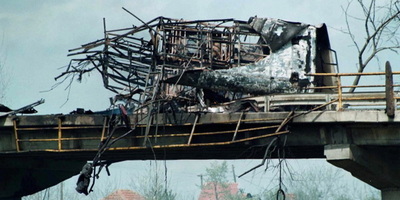
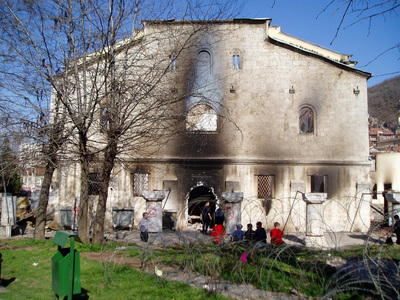
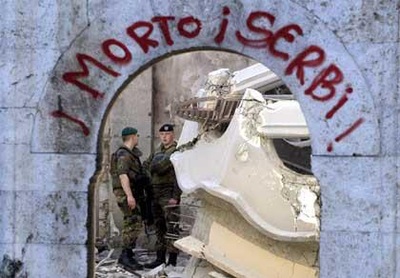
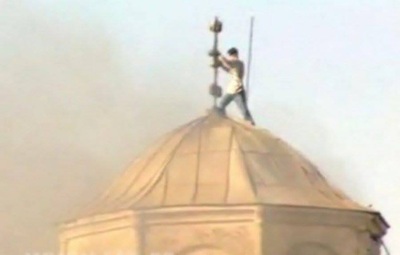
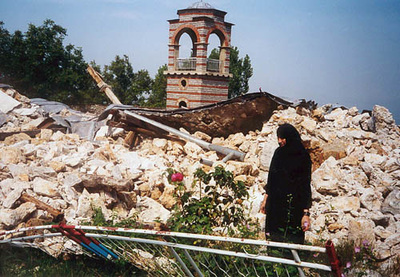
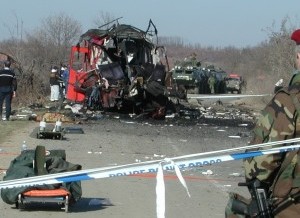
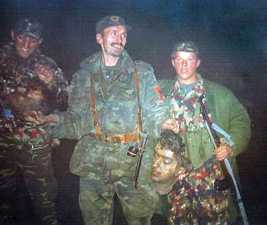
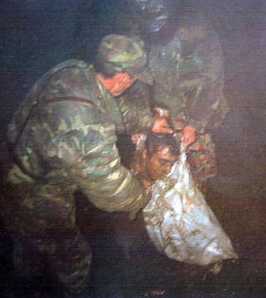
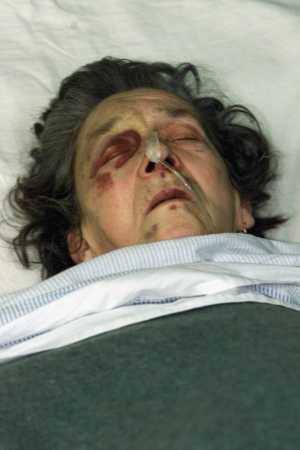
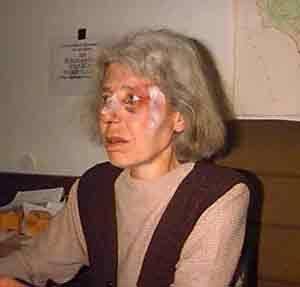
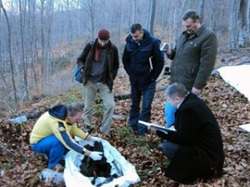
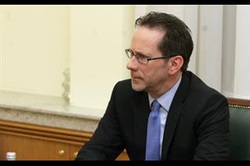
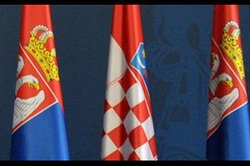
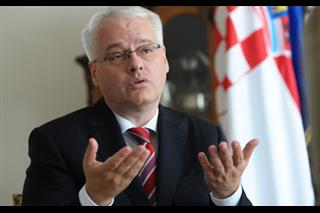
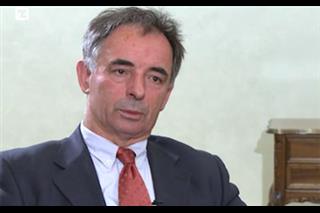
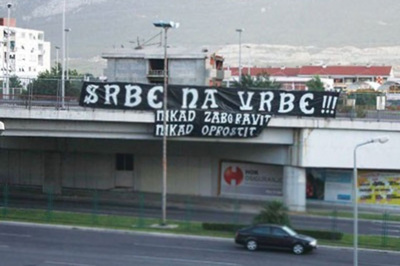
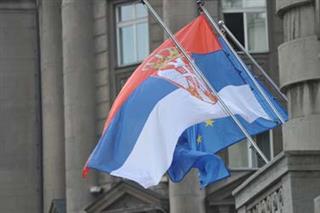
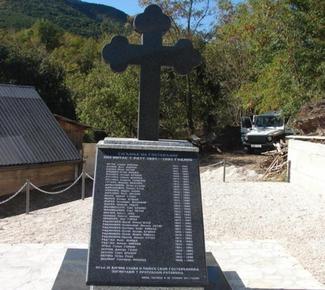
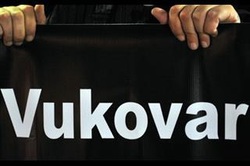
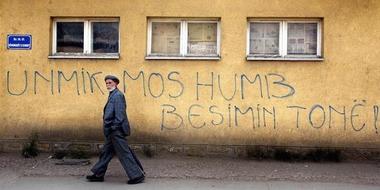
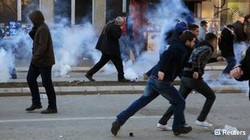
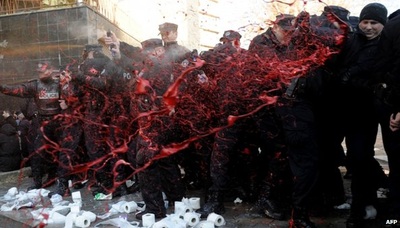
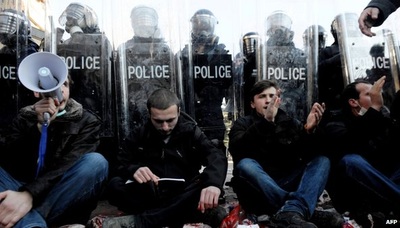
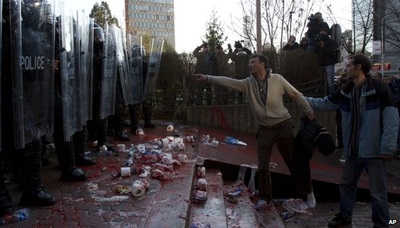
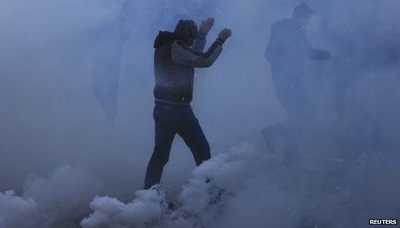
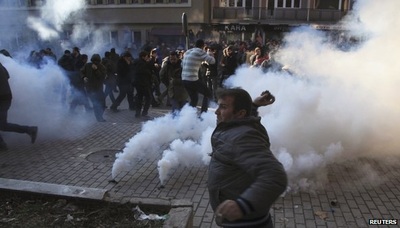
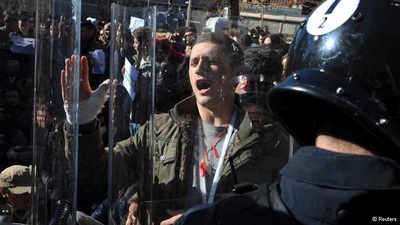
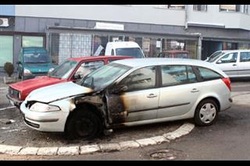
 RSS Feed
RSS Feed
